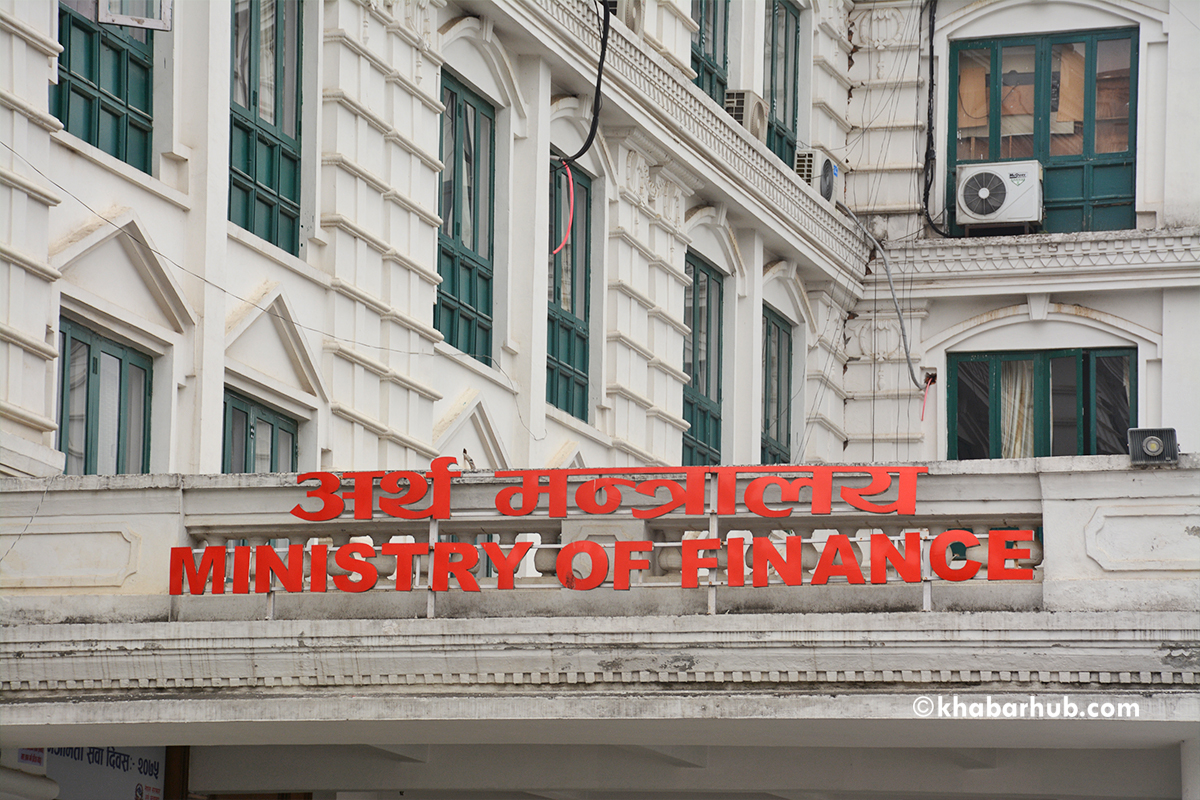KATHMANDU: The Government of Nepal and Asian Development Bank (ADB) on Tuesday signed a concessional loan agreement amounting to USD 200 million (equivalent to Rs. 26.51 billion) for supporting the first five years of the School Education Sector Plan (2022–2030) and a Grant Agreement of USD 12 million to implement the Strengthening Systems to Protect and Uplift Women Project, the Ministry of Finance said in a press statement.
The Project will benefit survivors of gender-based violence (GBV) across Madhesh, Lumbini, and Sudurpaschchim provinces through the establishment of long-term rehabilitation centers, development of survivor-friendly facilities for the Women, Children and Senior Citizen Service Centers within selected district and area police offices and strengthening of survivor-friendly services in these provinces. The project will also build a new national long-term rehabilitation center in Bhaktapur, it is said.
Joint Secretary at the MoF, Ishwori Prasad Aryal, and Saugata Dasgupta, ADB Officer-in-Charge for Nepal signed the agreements. The proposed assistance will support the implementation of the government’s School Education Sector Plan in a sector-wide approach supported by eight development partners, including ADB under the Joint Financing Arrangement.
“The program will enhance learning provisions for basic and secondary schools; strengthen teaching and learning skills in schools; accelerate the recovery from learning losses caused by the COVID-19 pandemic; and improve the capacity of local governments in education planning, monitoring and reporting,” according to the statement.
On the occasion, Aryal said that Nepal has done significantly in terms of improving access to education in the past decades however, much more needs to be done to further improve equity of access and the quality of education.
The program will be crucial to operationalizing Nepal’s holistic approach in improving the overall learning outcomes, said Aryal.
“This agreement is a key part of ADB’s overall efforts to help Nepal accelerate reforms and transform the country’s education system to develop human capital, reduce social inequity, and attain sustainable growth. The plan is designed towards eliminating inequities in access and participation in school education, and improving quality and resilience of school education,” Dasgupta is quoted as saying.
RSS









Comment